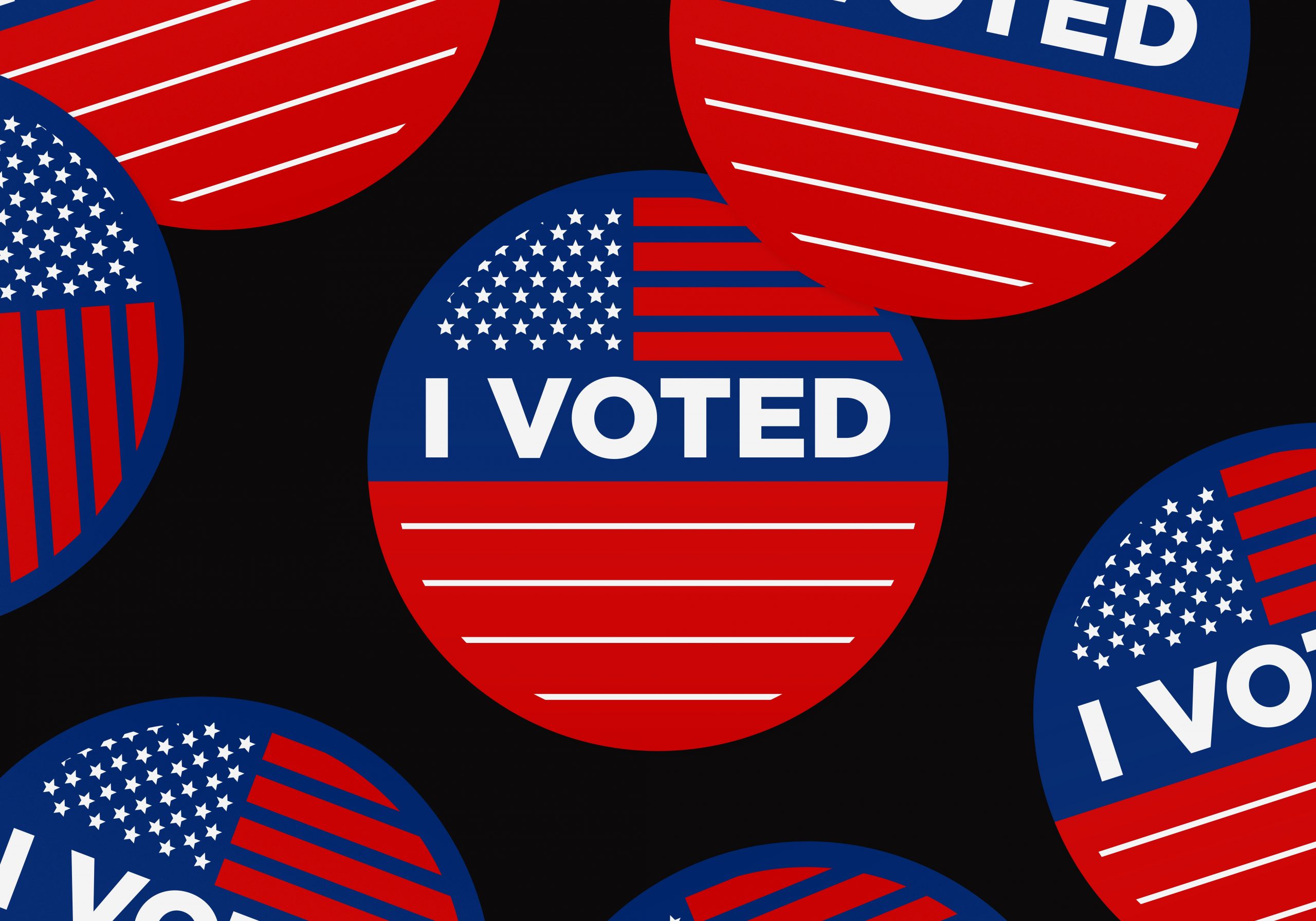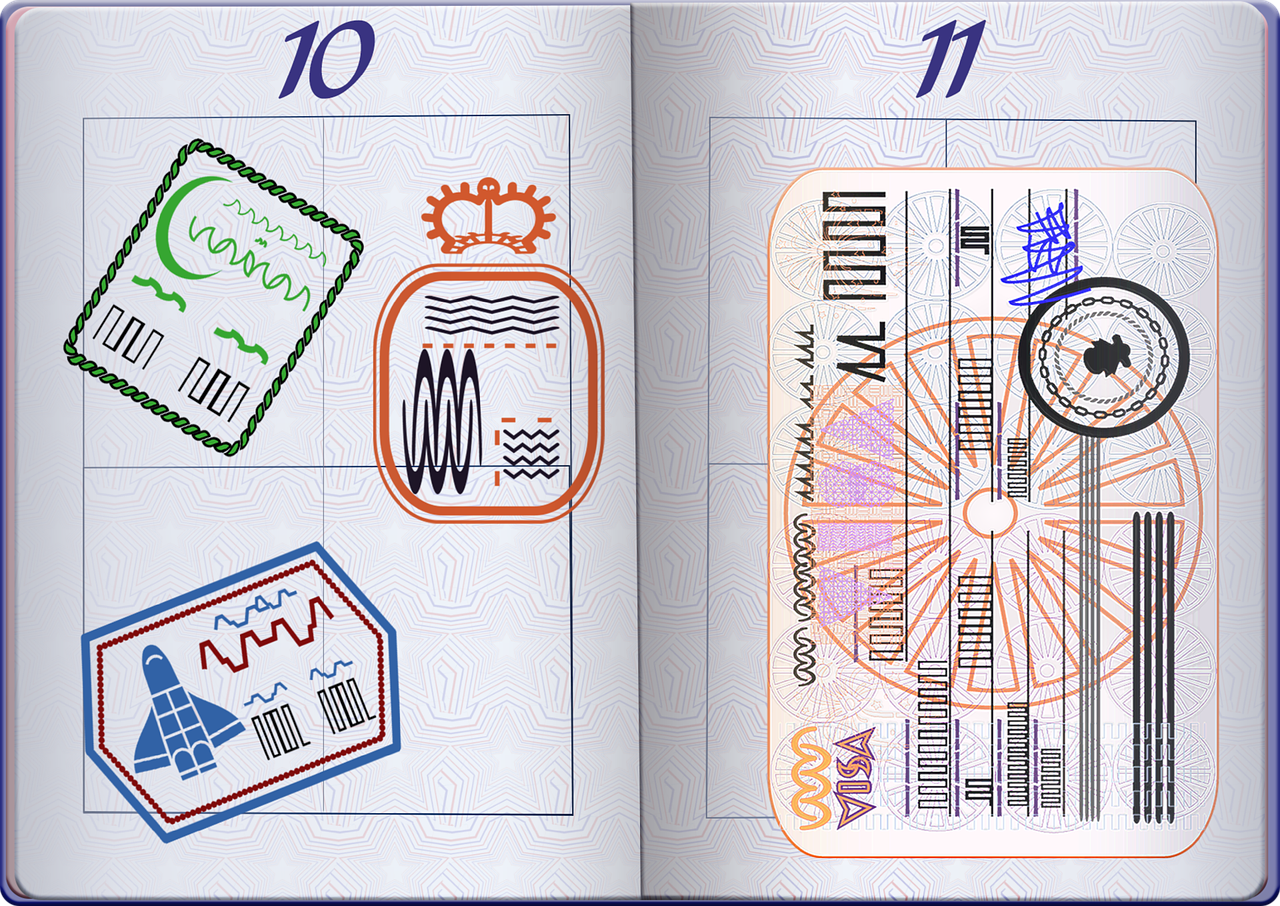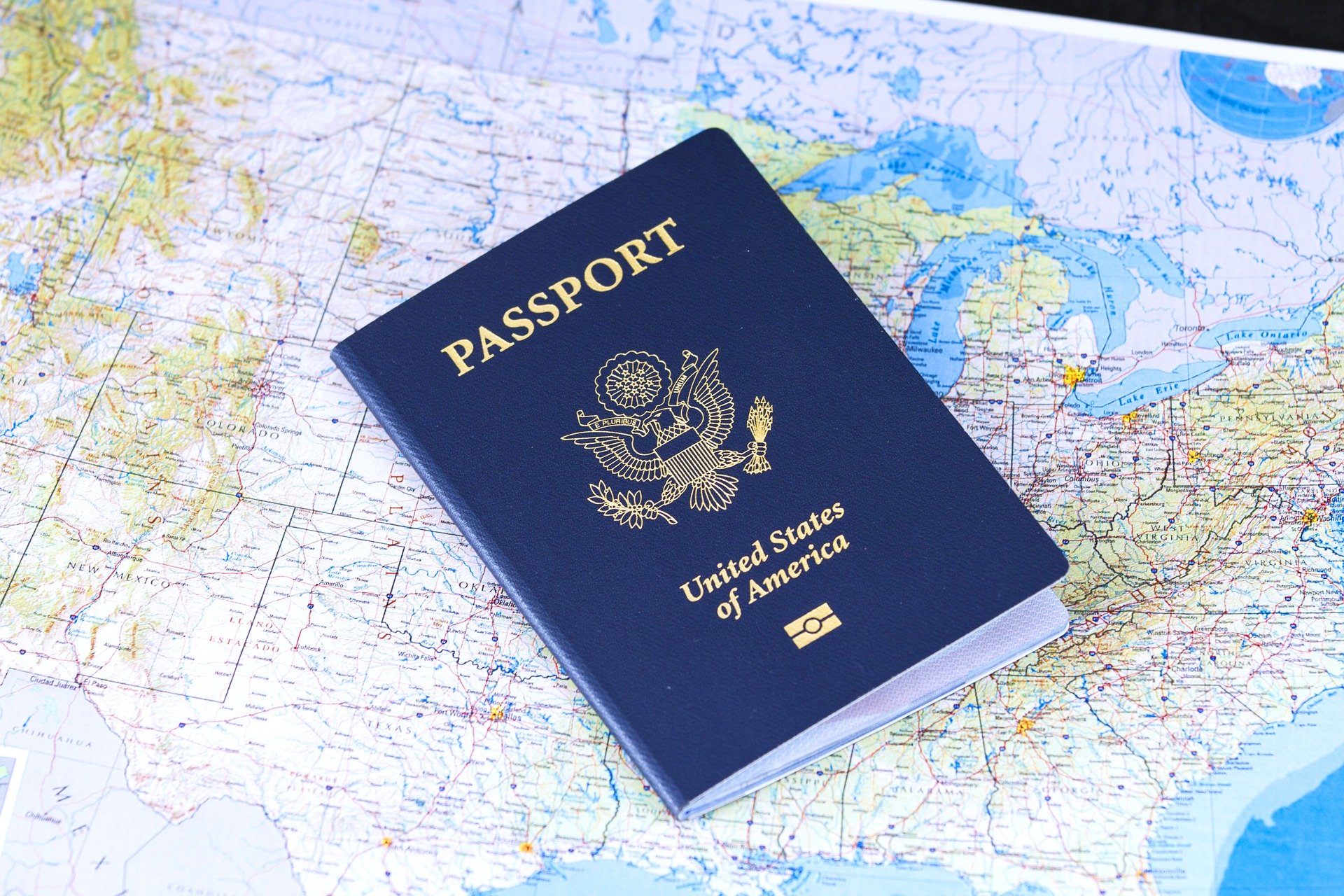Welcome back to Visalawerblog! We hope you had a relaxing thanksgiving weekend. In this blog post we share an important update for K visa applicants impacted by the Coronavirus proclamations.
The Department of State recently issued a statement explaining how the agency will comply with a preliminary injunction issued by a federal judge in the case Daniel Milligan, et al., v. Michael Pompeo et al.
In that case a federal judge issued a preliminary injunction prohibiting the Department of States from relying on the Coronavirus proclamations to suspend K visa adjudications for those residing in the Schengen countries, the United Kingdom, Ireland, China, Iran, and Brazil.
Unfortunately, the judge stopped short of issuing a broad injunction to lift the ban on entry to the United States for K visa applicants impacted by these proclamations.
This means that while the government must proceed with K visa processing, once a K visa has been issued, applicants residing within an impacted area remain barred from entering the United States unless they meet a national interest exception.
To put it simply – the injunction simply stops the government from refusing to process K visas based on the Coronavirus proclamations. It does not allow K visa applicants from impacted areas to enter the United States once K visas have been issued unless the applicant meets a national interest exception. According to the judge, the government may still prevent entry to such applicants as deemed necessary during the pandemic.
What are the Coronavirus proclamations?
Back in January the President began issuing a series of Coronavirus proclamations that restrict and suspend the entry of immigrants and nonimmigrants, who were physically present within Brazil, China, the United Kingdom, Ireland, and Iran, during the 14-day period preceding their entry or attempted entry into the United States.
These Coronavirus proclamations are as follows:
- China Visa Ban – Proclamation 9984 issued January 21, 2020 – No termination date
- Iran Visa Ban –Proclamation 9992 issued February 29, 2020 –No termination date
- European Schengen Area Visa Ban—Proclamation 9993 issued March 11, 2020—No termination date
- Ireland and UK Visa Ban –Proclamation 9996 issued March 14, 2020 –No termination date
- Brazil Visa Ban—Proclamation 10041 issued May 25, 2020 –No termination date
 Visa Lawyer Blog
Visa Lawyer Blog










